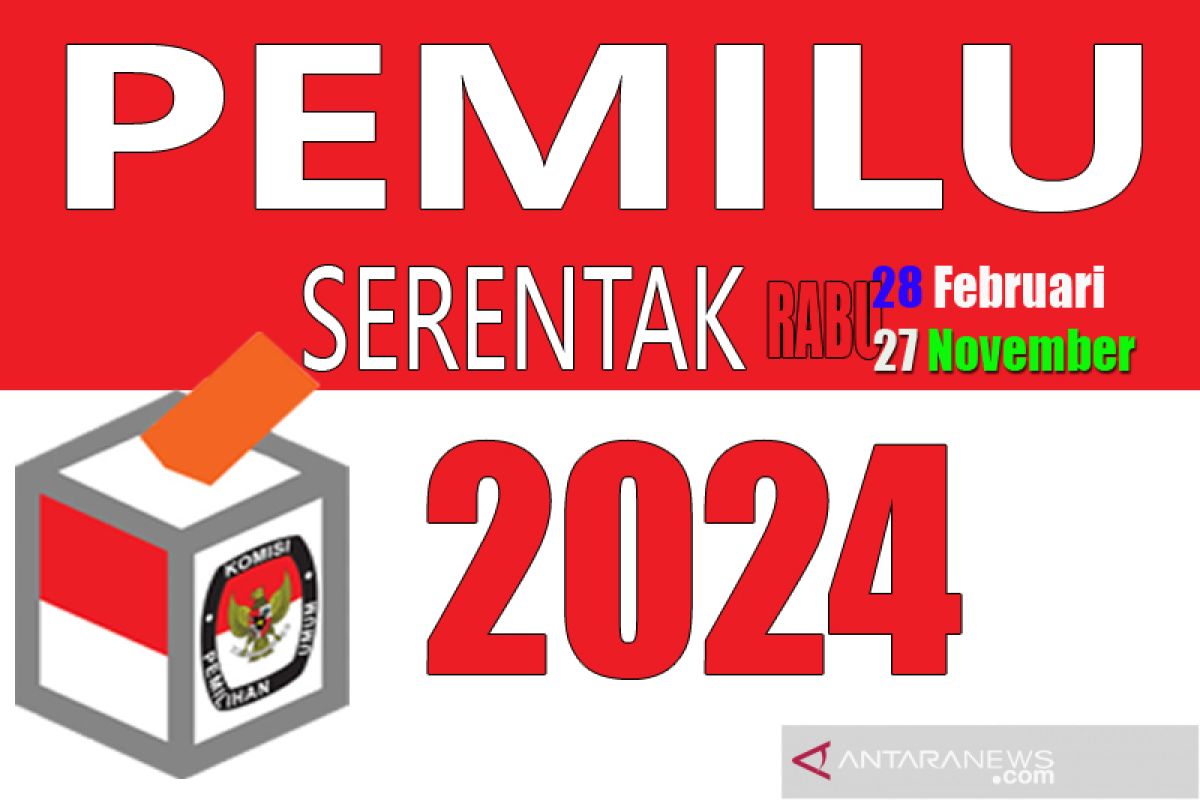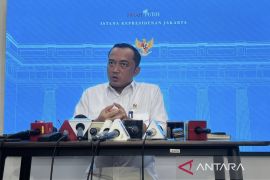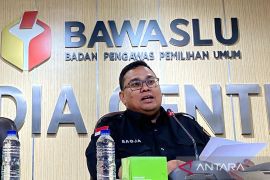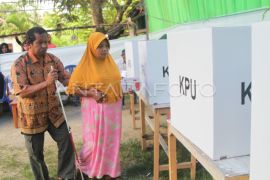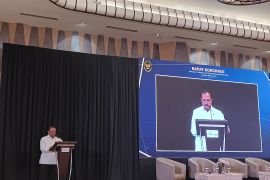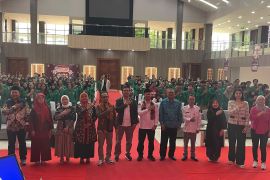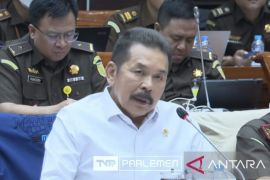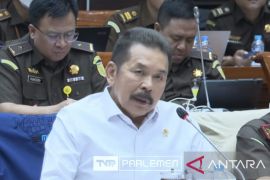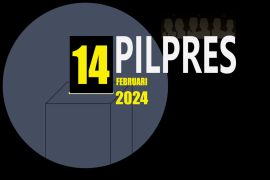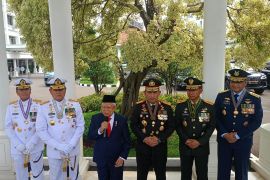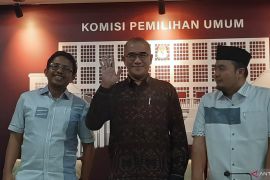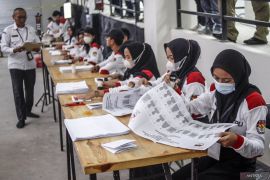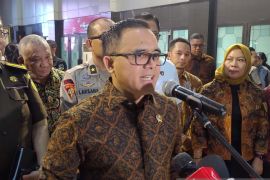In its process, the general election will be held at the start or in the middle of the year followed by the pilkada at the end of 2024.
Reflecting on the experiences during the previous period, holding the general election undeniably burdens the event's organizers.
This could be observed from the fact that the election in 2019 was held to vote for five different ballots: president and vice president, house of representatives (DPR), Regional Representative Council (DPD), and Regional House of Representatives (DPRD).
The organizers have way too much work burden during this time, especially during the vote calculation and recapitulation period. This had resulted in several ad hoc election organizers becoming victims.
According to the data collected by the General Elections Commission (KPU), some 718 election staff had passed away while thousands of staffers received treatment for exhaustion.
Related news: KPU plans to simplify ballot in 2024 general election
The number of victims during the 2019 general election increased further when the figure was combined with officials from General Elections Supervisory Agency (Bawaslu), the army, and the police, many of whom had lost their lives while others had received treatment.
The experience in 2019 should be evaluated together, KPU's Chief Ilham Saputra noted.
His colleagues within the ad hoc agency experienced difficulties in the administration of the General Election result within every stage.
To prevent recurrence of such unpleasantries, it is paramount, especially since not just the general election, but the regional head election will also be held in hundreds of regions in Indonesia in 2024.
To this end, streamlining the organizers' duty is deemed necessary in order to alleviate the burden on the election staff, including by utilizing election technology that would streamline the work during the general election stages.
For instance, the use of the electronic recapitulation system that the KPU named as Sirekap. The system was proven to be able to simplify the recapitulation process of the election result.
Related news: KNPI advises to build healthy political climate at 2024 elections
During the previous general election, the recapitulation process required massive efforts to be made within a short span of time.
The recapitulation process starts from the voting locations at the sub-district, district, and city levels. The process is then repeated at the provincial level until it ends at the national level.
The recapitulation process is complicated and is very tasking for the election organizers, especially since they are required to always take into account -- detail, speed, and accuracy -- in order to avoid mistakes.
In addition, pressure from voters, supervisors, and other groups during every stage of the recapitulation process further adds to the stress.
It is a known fact that there will be people, who would not accept the result of the recapitulation process for different reasons, thereby further burdening the election staff.
Meanwhile, with the electronic recapitulation system, the KPU can shorten and simplify the lengthy physical process.
In addition, there are other application systems based on information technology, such as voters data information system (Sidalih) and political party information system (Sipol), which also facilitate the general election staff.
Related news: Bawaslu highlights pros of non-revision of election law
However, the current problem is that the electronic-based election system could not be implemented to replace the earlier election system or process.
This is due to the fact that the electronic-based election system had yet to be accommodated within the general election law.
Law Revision
Member of the Association for General Election and Democracy (Perludem) Titi Anggraini opined that the General Election Law should be revised to fine-tune the foundational law of the general election regulation.
Revision of the General Election Law is required for legal assurance for the utilization of technology within Indonesia's general election.
Technology utilization was deemed to be able to alleviate the organizers' burden, such as Sirekap, that could reduce the amount of work and length of time required during the recapitulation process.
Without legal assurance for the election technology, concerns loom large that it would be problematic akin to that in 2019.
Related news: Success of 2024 general elections starts from villages
In addition, the utilization of election technology may not be welcomed by several parties, as it is not stipulated within the law, she pointed out.
When the General Election Law accommodates the election technology system, it would also provide an opportunity to add a legal basis regarding holding an election amid the occurrence of non-natural disasters, such as the current pandemic.
The general election should be organized to adapt to non-natural disasters, especially COVID-19, as nobody can know for certain whether the pandemic would truly be over by the time the 2024 general election takes place.
KPU member Viryan Aziz noted that the general election will be held in three years.
However, he noted this is not a long period of time to build a legal basis and system that utilizes technology during the 2024 general election and pilkada.
Despite this, the KPU believes that this is sufficient time to prepare for the election technology.
Election technology could ideally be implemented during the upcoming general election and pilkada. This could be observed from several conditions.
The first condition is that in January 2021, some 98 percent of the Indonesian population in the age group of 16 to 64 years has access to the internet, with most of them doing so through a gadget or smartphone.
The rate of growth of internet users in Indonesia increases year after year. Data records in 2015 indicated a 10-percent increase. In January 2021, the growth rate was recorded at 15.5 percent.
This indicates the primary condition or ecosystem prioritized by the KPU, which is serving voters through the digital space, that is becoming more possible.
The current COVID-19 pandemic also expedites the transition to the digital space. This is important for the sake of preventing a spike in the number of COVID-19 cases as utilizing the digital space minimizes physical interaction.
The benefit that this offers should also extend to organizing the general election.
Related news: BRI reduces cost of funds to all-time low
Related news: MPR deputy speaker urges govt to prepare Umrah departure rules
Translator: Boyke Watra, Fadhli Ruhman
Editor: Fardah Assegaf
Copyright © ANTARA 2021
